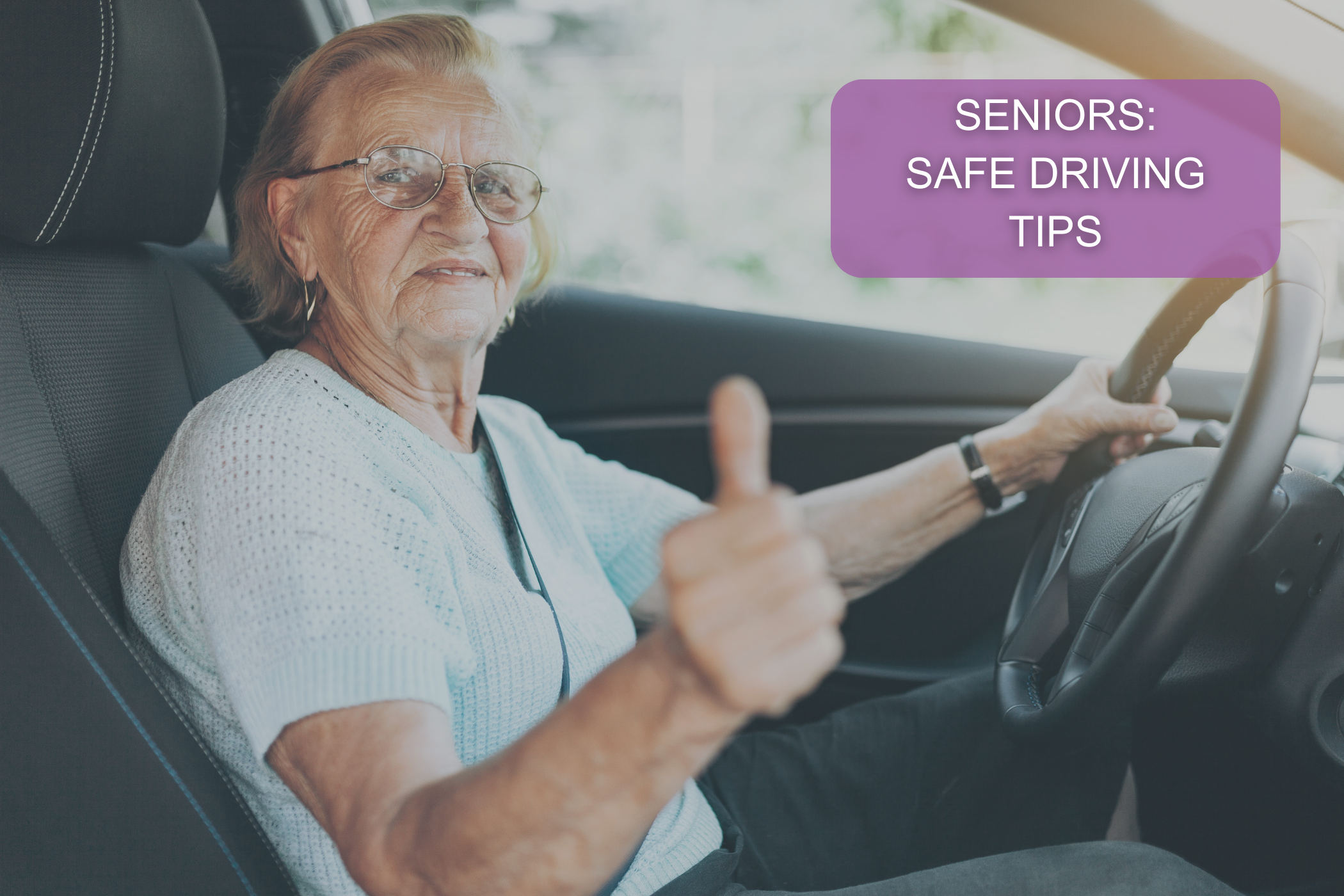Safe Driving for Seniors: When to Adjust, When to Stop, and How to Let Go With Dignity
Why Senior Driving Safety is important
For many older Australians—especially here on the Mornington Peninsula—driving equals independence. It means visiting friends, shopping, attending appointments, or simply enjoying the freedom of a drive along the coast.
But as we age, changes to eyesight, hearing, reflexes and confidence can affect our safety on the road. Recognising those changes early can help you keep driving longer—or know when it’s time to stop.
This post highlights 7 ways to stay safe on the road longer and the key signs it might be time to hand over the keys. For a more detailed discussion, watch our full YouTube video below.
7 Ways to Drive Safely for Longer
Here are simple steps that can help seniors stay independent while driving safely:
-
Get regular vision and hearing checks
-
Avoid driving at night or in bad weather.
-
Take shorter trips
-
Stick to familiar routes
-
Avoid peak traffic
-
Stay active
-
Listen to loved ones
These adjustments won’t just help you drive longer—they’ll also make every trip more comfortable and less stressful.
Signs it may be time to stop driving
No one wants to give up their car keys, but ignoring the warning signs could put yourself and others at risk.
Look out for these red flags:
-
Getting lost in familiar areas
-
Dents or scrapes appearing on the car
-
Struggling to judge distances or speeds
-
Feeling nervous behind the wheel
-
Confusing the brake and accelerator
-
Friends or family expressing concern
If you notice these, it may be time to talk with your doctor or a trusted family member about alternatives.
Handing over keys with dignity
Stopping driving doesn’t mean stopping life. Many seniors feel relieved once the pressure of driving is removed.
On the Mornington Peninsula, there are plenty of alternatives:
-
Community transport services
-
Rideshare apps like Uber
-
Family and friends offering lifts
-
Home delivery for groceries and medications
The goal is to keep your independence and stay connected—just with a safer, more comfortable option.
How to Have “The Talk” With a Loved One
If you’re concerned about a family member, approach the subject with empathy:
-
Choose the right moment—quiet and private
-
Speak with care, using “I” statements
-
Offer solutions, not criticism
-
Be ready to listen
This isn’t about taking control—it’s about keeping them safe and supported.
Let’s Talk About What’s Next
Safe driving for seniors is about more than just road safety—it’s about maintaining independence and quality of life. With the right adjustments, many older drivers can continue safely for years. But knowing when to stop is equally important.
If you’d like a deeper dive, watch our full YouTube video on Safe Driving for Seniors where we cover more examples, practical strategies, and emotional support tips.
And if downsizing or lifestyle transitions are on your mind, our team at McNeill Real Estate in Mornington specialises in helping retirees and their families navigate the next stage with dignity and confidence.
Reach out to one of our friendly team members at McNeill Real Estate, Mornington Peninsula’s trusted downsizing and lifestyle transition experts.
Disclaimer: The contents of this video do not constitute legal advice, are not intended to be a substitute for legal advice and should not be relied upon as such. You should seek legal advice or other professional advice in relation to any particular matters you or your organisation may have.


